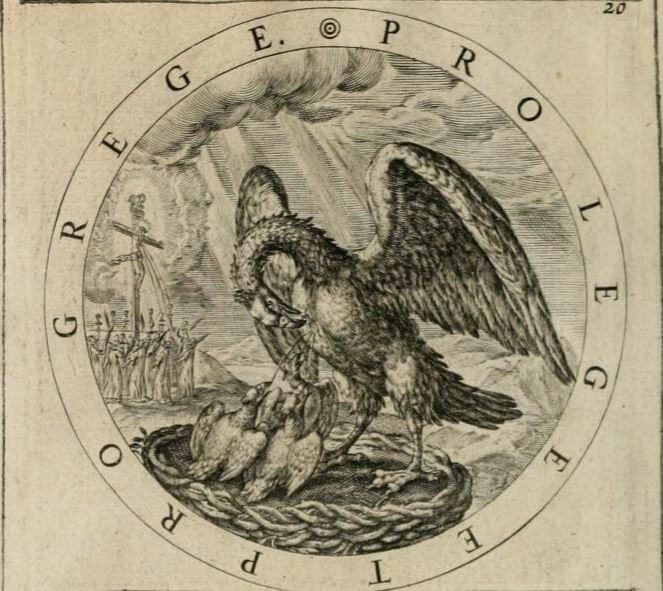The Genealogies of Modernity Journal
Giving Utopia Its Due
Abjuring the legacy of utopianism distances us from one of the prime affective and intellectual forces motivating such modern ideals as popular sovereignty, human rights, and social progress.
Daniel Cunningham on the need for utopias
The Crisis of Historicism as a Crisis of Deep History
The crisis for historicism was its inability to hold together a single human story in the wake of its demolition effect on older sacred narratives.
Evan Kuehn engages Ernst Troeltsch on deep and sacred history
Death with Dignity
We are not isolated individuals… We are social creatures dependent on one another. If our life has an enormous social element, might not our death likewise?
Jeffrey Wald considers death in Christopher Beha’s What Happened to Sophie Wilder
The Music World Needs Haydn
Haydn condenses whole universes into his symphonies. Emphasizing his folkishness at the expense of his elegance, his grace over his passion, his control over his weirdness is a disservice to the world.
Jacob Martin on Haydn and renewing orchestral music
A Counter-Modern Intellectual Life
That Sertillanges finds these practical matters necessary for someone to live a properly intellectual life reveals a key insight: the intellectual is a human being, and a human being is more than just a spiritual soul.
Brs. Christopher Daniel and John Henry Peters on the intellectual vocation in the modern world
Theological Genealogy and the Undoing of Knots
The intended use of problematization is to recognize knots in order to be able to undo them. The undoing of the knots is beyond the scope of problematization, beyond the scope of scholarship.
Ryan McDermott considers theological genealogies of modernity
Shakespeare on the Theological Origins of Modernity
All of these restorations in “Richard III” are contingent upon the reinstatement of sincere eucharistic participation—Holy Communion . . . where rituals are revivified, and where communion—real Communion—can materialize.
Daniel Zimmerman finds a counter-modern theology in William Shakespeare
Racializing Art: A Baleful Genealogy
It is no longer possible to ignore or undersell the impact that racialized and overtly white supremacist ideas have had on art history.
Christopher Nygren reviews Éric Michaud’s Barbarian Invasions
Keeping Tradition Alive
The arduous, the precarious measure of a tradition’s renewal is the measure of our own lives, in our own responses to the one thing necessary. It is we ourselves who look back, and it is we who look forward.
Anne Carpenter on living tradition in Charles Péguy and Maurice Blondel
In Hope of Bulkington: Moby Dick and American Doom
We cannot know the end of America, though we know from the first unfurling of Ishmael’s prophecy that the voyage of the Pequod is doomed.
Daniel Fitzpatrick follows in the wake of the doomed Pequod
Theological Genealogies of Modernity Conference
Nearly every constructive Christian theology either explicitly assesses modern Western culture or embeds implicit judgments about modernity within its claims.
Darren Sarisky on the upcoming Theological Genealogies of Modernity Conference
The Impossibility of Ressourcement
Tradition can be renewed by being re-sourced. What a wonder, and what a wonderful idea. Isn’t it? But let me tell you my problem. As much as I like the idea of ressourcement, it is impossible.
Anne M. Carpenter on Maurice Blondel and Charles Peguy
Breaking Out of the Octopus Trap of Modernity
Our “doing” seems to be free from the static social narrative of the grand “to be” of the past. Instead, it is entrapping us in the ever-smaller understandings of “to be,” as if each of them were the grand narrative.
Takeshi Morisato on being and doing within Japanese modernity
God’s Grandeur in the (Not Entirely) Immanent Frame
Clogged porosity may be more prevalent in modernity. But there are “passageways between the immanent and transcendent realms,” places where grandeur flames through the frame.
Steven Knepper reviews Ryan Duns’s Spiritual Exercises for a Secular Age: Desmond and the Quest for God
Japan and the Octopus Trap of Modernity
What we see in Japanese modernity, according to Maruyama, is a national franchise of these “idols of the market place” through the continuous specialization and internal diversifications that multiply these groups.
Takeshi Morisato on how Japan became trapped in a hyper-specialized version of modernity
What Foucault Meant When He Said “Genealogy”
Problematization is just the beginning. Genealogy is what we do after we problematize. Genealogy can be more constructive than critical.
Ryan McDermott on Foucault and genealogy as comedy
Wendell Berry’s Genealogy of Place
To be connected to a place, to a genealogy, to a community, to a person, requires unconditional love, God’s love; only in this can modernity find what it is truly looking for.
John-Paul Heil reads Hannah Coulter and finds a genealogy of place and, ultimately, love























